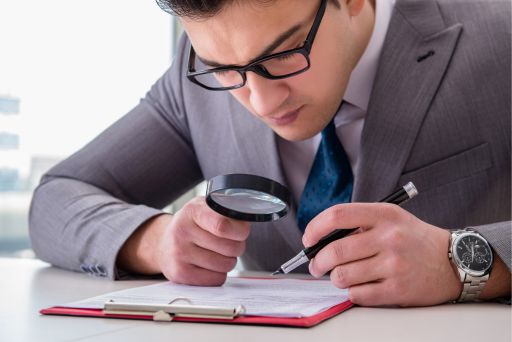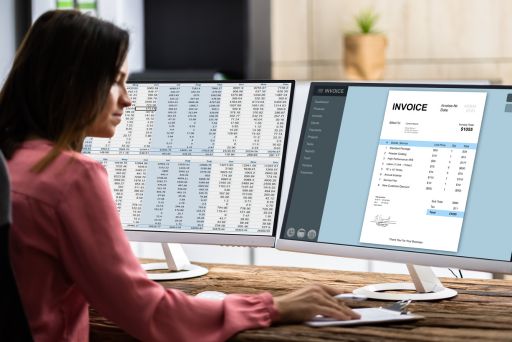
If you filed a 6 month tax extension with the IRS for your corporate business taxes back in April, it probably seemed like October 15th was eons away. However, that rapidly approaching October 15th deadline may have you feeling a little stressed out. If you filed a tax extension and still haven’t finished your tax return, here’s what you need to do:
- If you owe a tax bill to the IRS, make sure you paid it when you submitted your 6 month corporate business tax extension. If you didn’t pay your tax bill then, that is the most important thing to take care of. The sooner you make that payment to the IRS, the less penalties and interest you will have to pay.
- Start your return now. Don’t wait until October 14th to start on your tax return and then rush through it. Give yourself time to gather the proper documents and file your corporate business taxes accurately. Corporate business taxes can get complicated in a hurry with multiple forms to fill out; it’s best to take your time and do it right the first time so that you don’t have to worry about filing an amended return later on.
- E-file or send your tax return to the IRS by October 15th. The IRS does not accept e-filed tax returns after October 15th and mailed tax returns must be postmarked by this date as well.
- Contact a CPA. They can help you gather needed tax information, accurately fill out your tax return, and file it for you. They can even help you set up a payment or installment plan with the IRS if you cannot make your full payment right away. Vyde accountants can help you file your corporate business taxes with the IRS before the October 15th deadline. Contact an accountant with any questions you may have about your tax extension.
Other posts that might interest you:
6 Reasons Why Filing a Tax Extension with the IRS is a Good Decision
Top 10 Things You Should Do If You File a Corporate Business Tax Extension
Q&A: How to file a corporate business income tax extension with the IRS
Q&A: Do I need to request a state tax extension if I filed an IRS tax extension?
Q&A: What if I can’t file my corporate business taxes by my IRS tax extension deadline?
Q&A: Can I file a second IRS tax deadline extension for my corporate business taxes?























